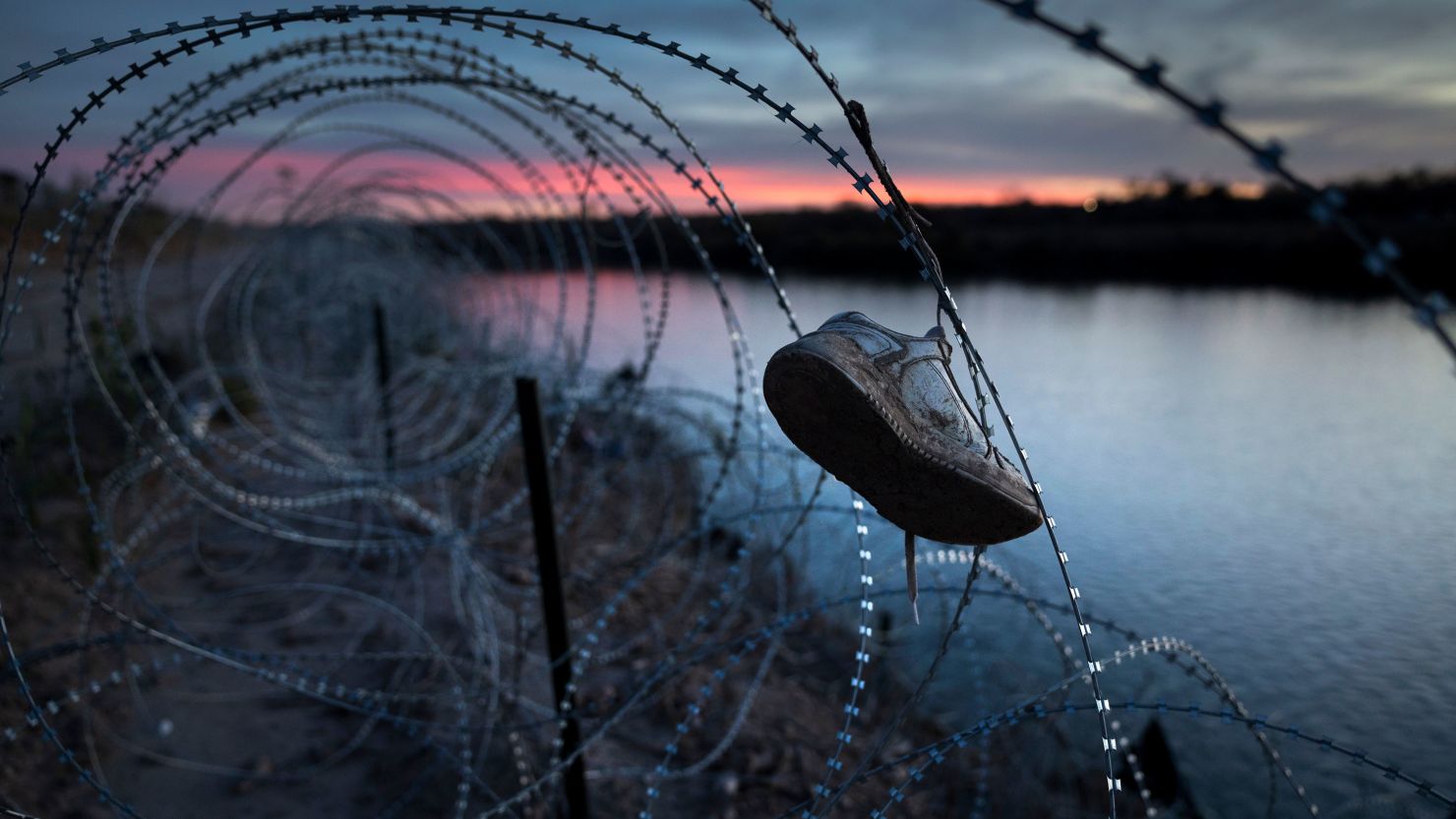
In Short
- Recent federal appeals court ruling on texas sb 4 immigration law.
- Legal challenges and implications discussed.
TFD – Explore the latest updates and legal challenges related to Texas SB 4 immigration law in this comprehensive analysis. Stay informed on the ongoing legal battle.
A federal appeals court ruled on Tuesday that a contentious Texas law permitting state officials to hold and jail anyone they believe are entering the nation illegally would remain in place while legal challenges are being handled.
The law, known as SB 4, will remain banned while the court analyzes the more significant issue of whether it violates the US Constitution, the court ruled in a 2-1 decision. Generally speaking, the federal government is in charge of immigration enforcement.
The tumultuous few days in which SB 4 was left in legal limbo after the Supreme Court permitted it to go into effect for a brief while, only to have the appeals court panel put it back on hold hours later, was capped off by the court’s decision to forbid enforcement of the law.
The 5th US Circuit Court of Appeals stated in its majority opinion, written by Chief Judge Priscilla Richman, that although it is likely that the law violates the Constitution, there is a “gaping void” in the area of immigration that “Texas, nobly and admirably some would say, seeks to fill” due to “a lack of funding coupled with the lack of political will.”
She stated, “But under our Constitution and laws, it is unlikely that Texas can step into the shoes of the national sovereign.” Later, she added, “The Texas removal provisions bestow upon itself powers that are likely reserved to the United States.”
President Joe Biden’s appointee, Circuit Judge Irma Carrillo Ramirez, joined Richman.
In a long dissent, Circuit Judge Andrew Oldham—appointed to the bench by former President Donald Trump—wrote that he would have allowed Texas to implement the legislation. The “readiness to invalidate” the statute, according to his colleagues, is “exceedingly troubling.”
“Texas can do nothing because Congress seems to have done everything, but federal non-enforcement means Congress’s everything is nothing,” Oldham wrote. “The State is forever helpless.” “And second, today’s decision will have very real consequences, even though the dispute before us is entirely hypothetical.”
SB 4, which was signed into law by Republican Governor Greg Abbott in December, permits state judges to order the deportation of immigrants and makes it a criminal to enter Texas unlawfully. Before the bill could take effect, US District Judge David Alan Ezra stopped it in late February, stating that it “could open the door to each state passing its own version of immigration laws.”
In the preliminary injunction, Ezra stated that “SB 4 directly challenges the federal government’s long-held power to control immigration, naturalization, and removal.” “When it comes to immigration, state regulation is precluded by the federal government’s pervasive regulatory framework and dominant interest.”
Texas filed an appeal of that ruling promptly. On April 3, the appeals court will hear arguments over the preservation of the injunction. The law would suffer a terrible hit if this were done.
Texas has two options: it can ask the entire 5th Circuit to examine its request to implement the law temporarily, or it can appeal Tuesday’s ruling to the Supreme Court. However, considering the close closeness to next week’s hearing, both options appear doubtful.
The Biden administration, two immigrant advocacy organizations, and El Paso County are among those opposing SB 4.
More information has been added to this story.
Conclusion
Stay informed on the complexities and ongoing legal battles surrounding Texas SB 4 immigration law with this detailed analysis.
Connect with us for the Latest, Current, and Breaking News news updates and videos from thefoxdaily.com. The most recent news in the United States, around the world , in business, opinion, technology, politics, and sports, follow Thefoxdaily on X, Facebook, and Instagram .
